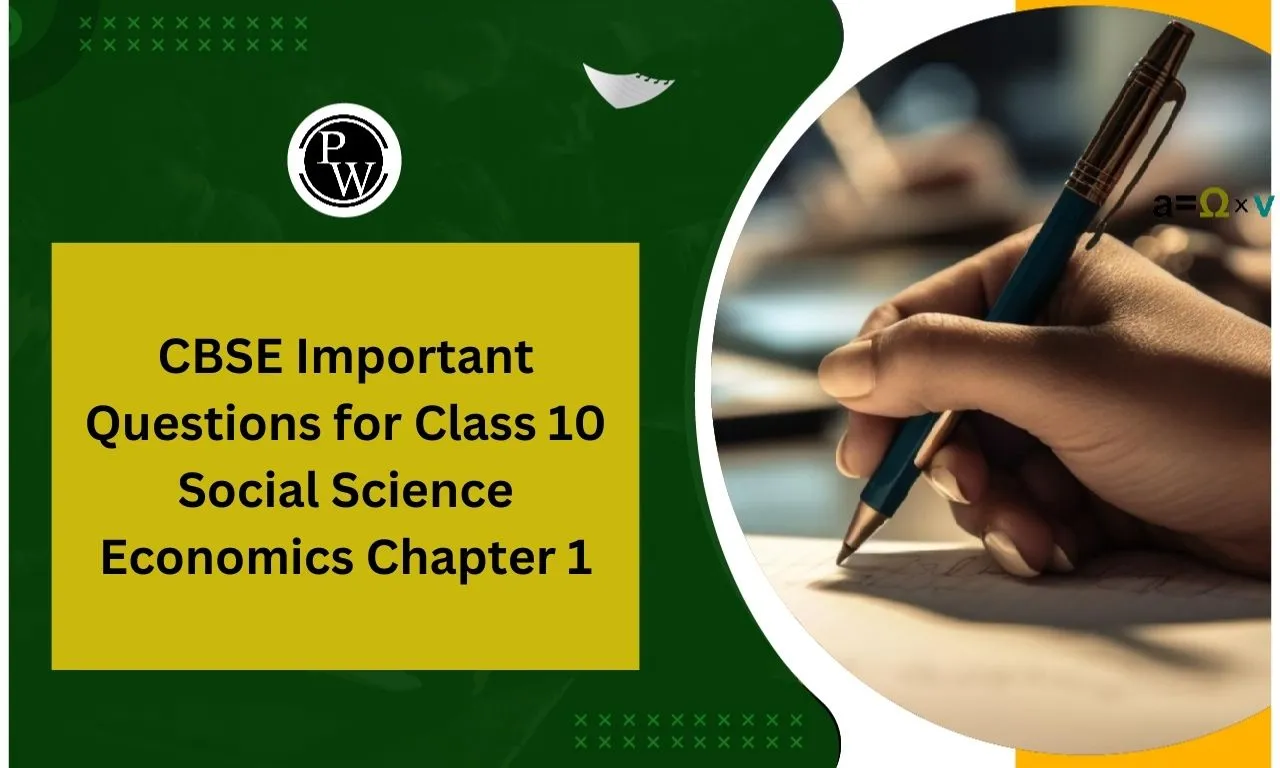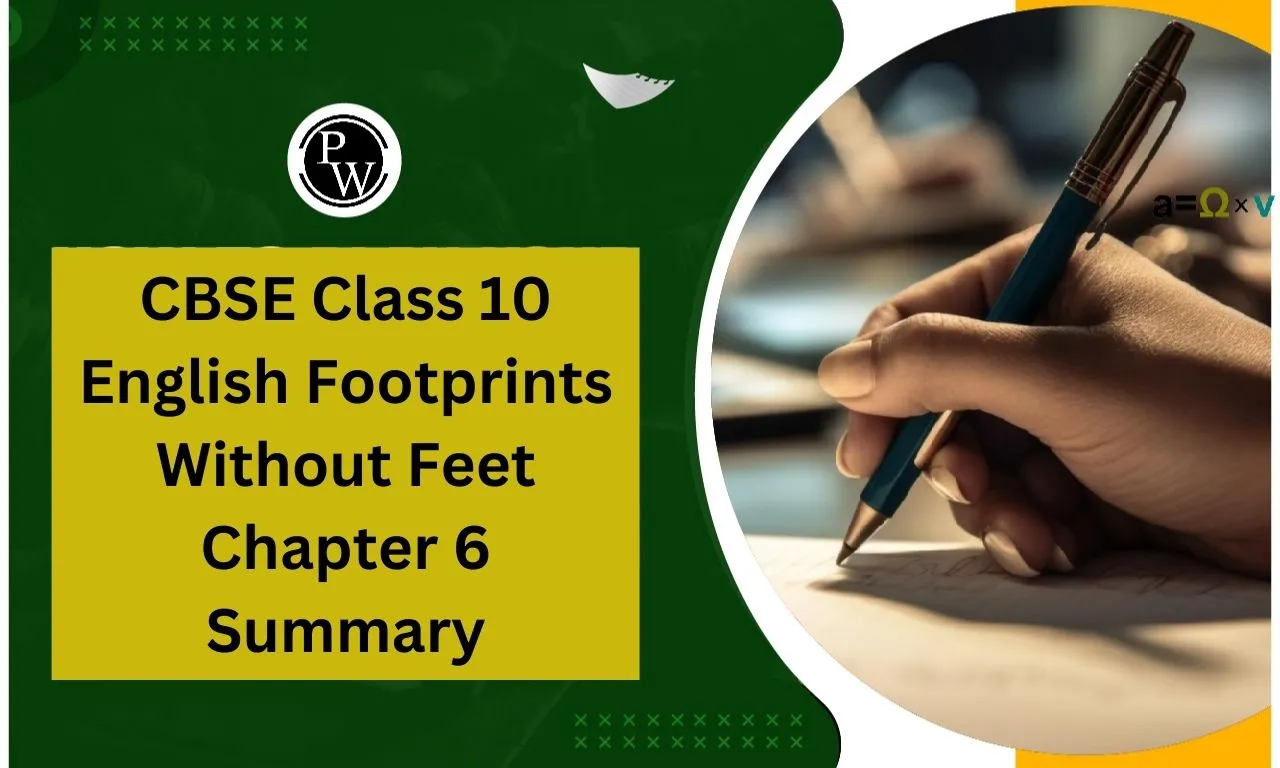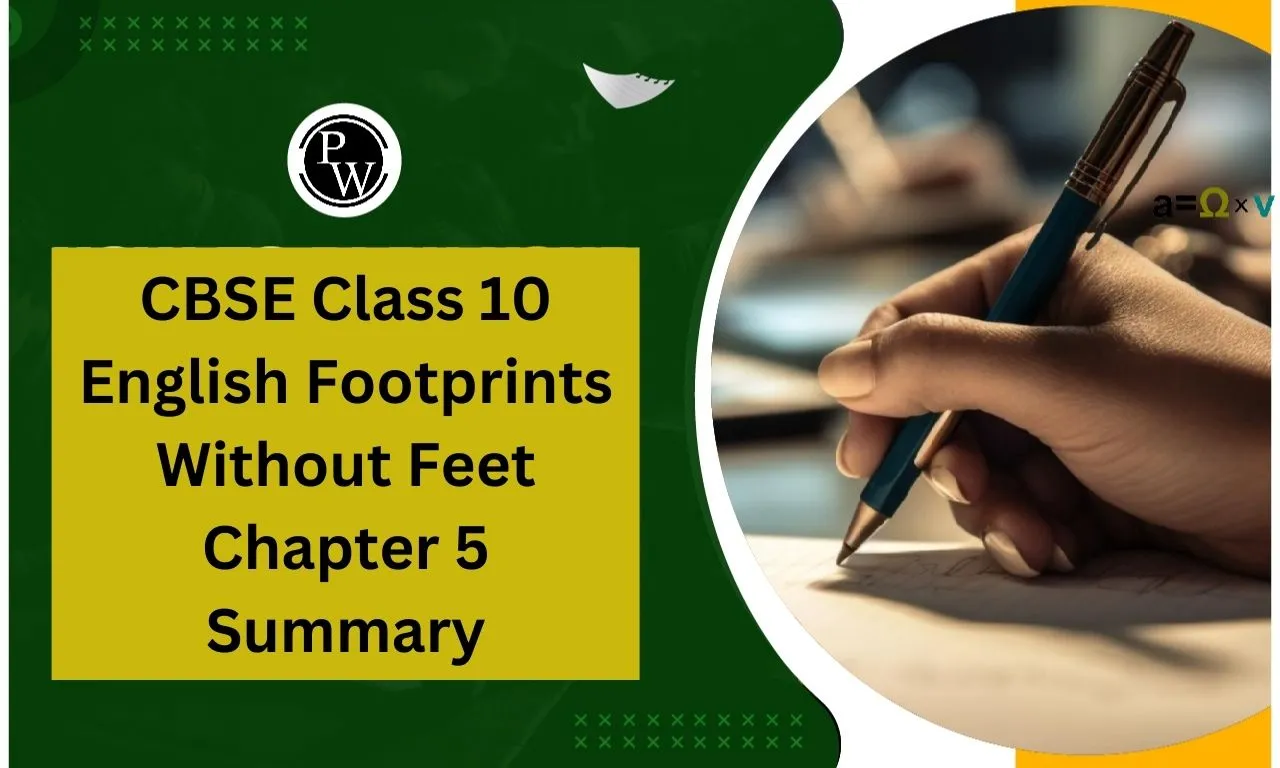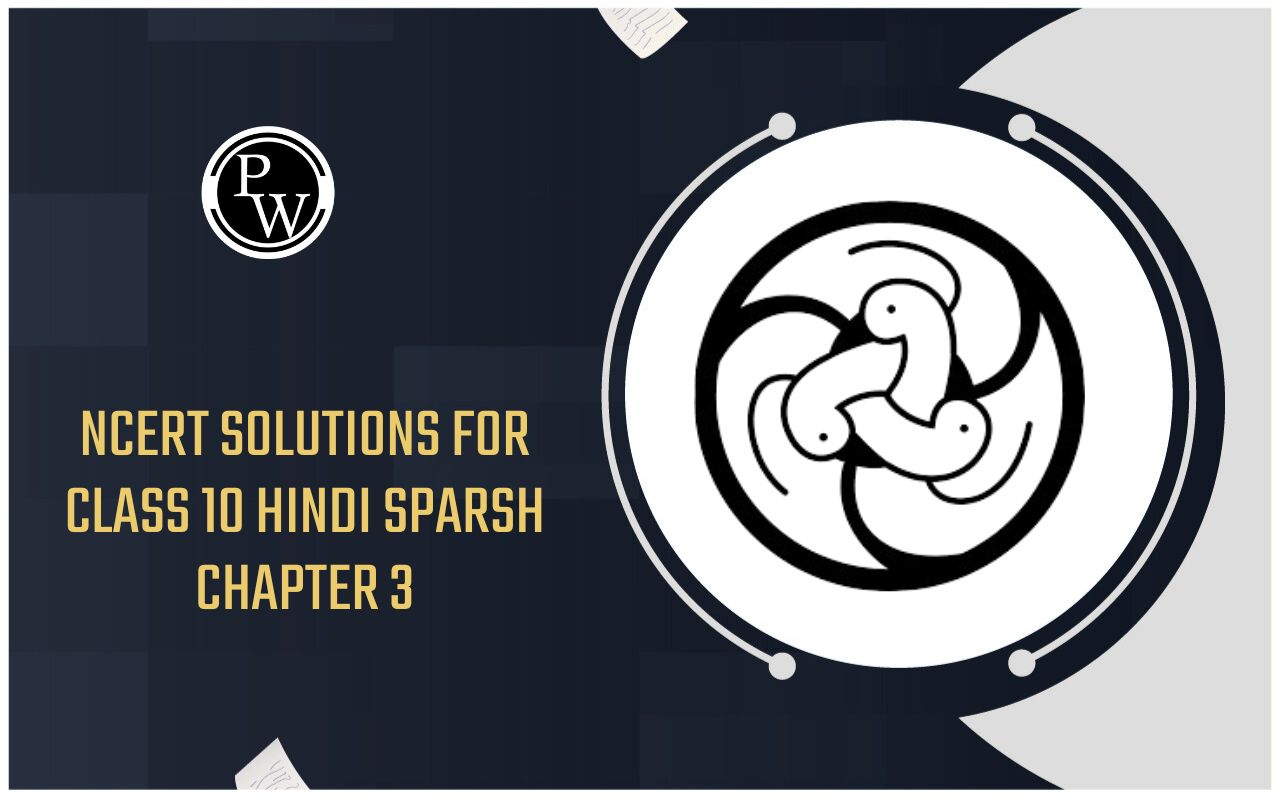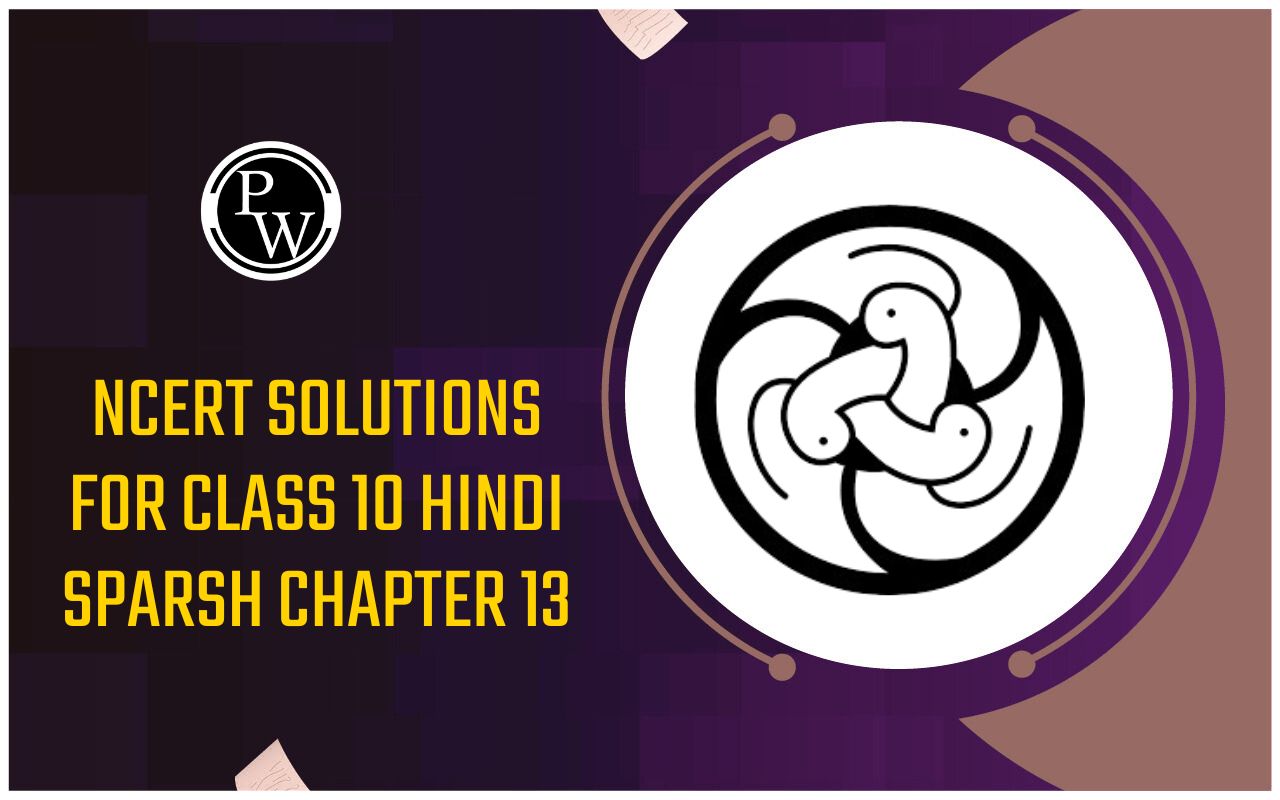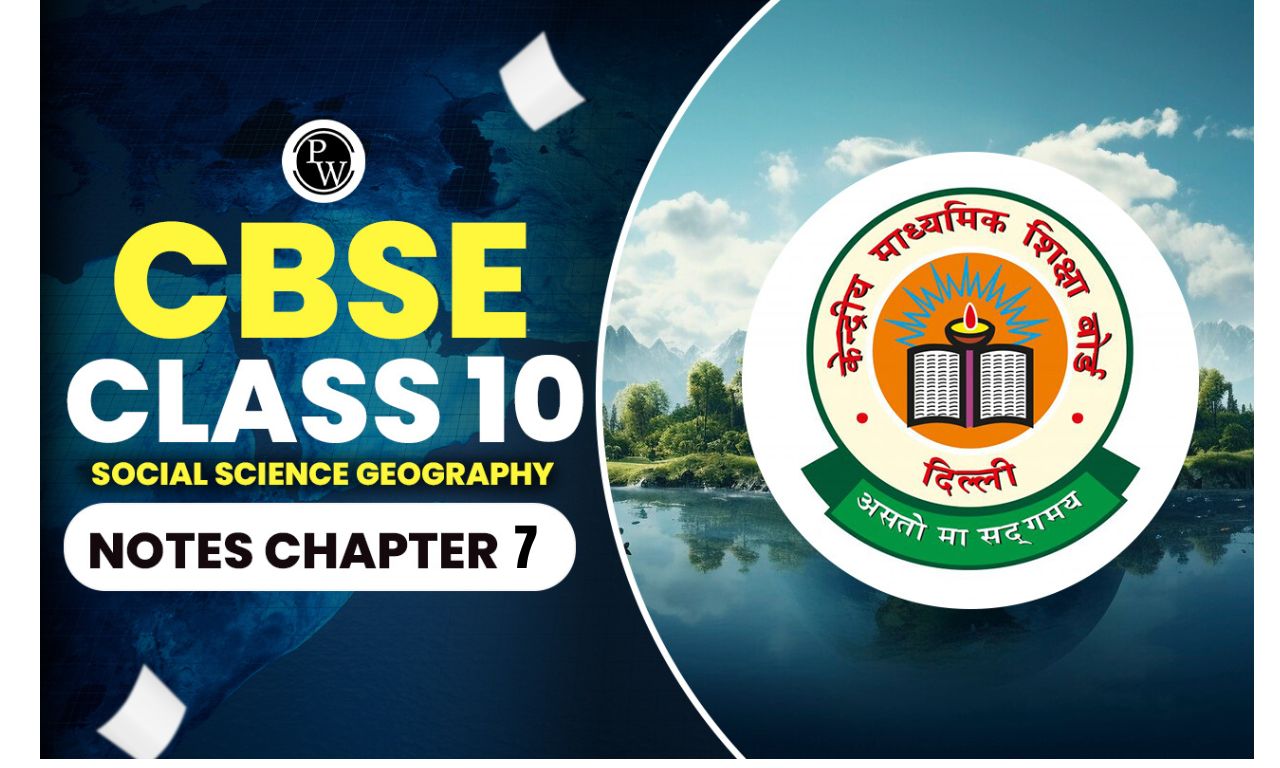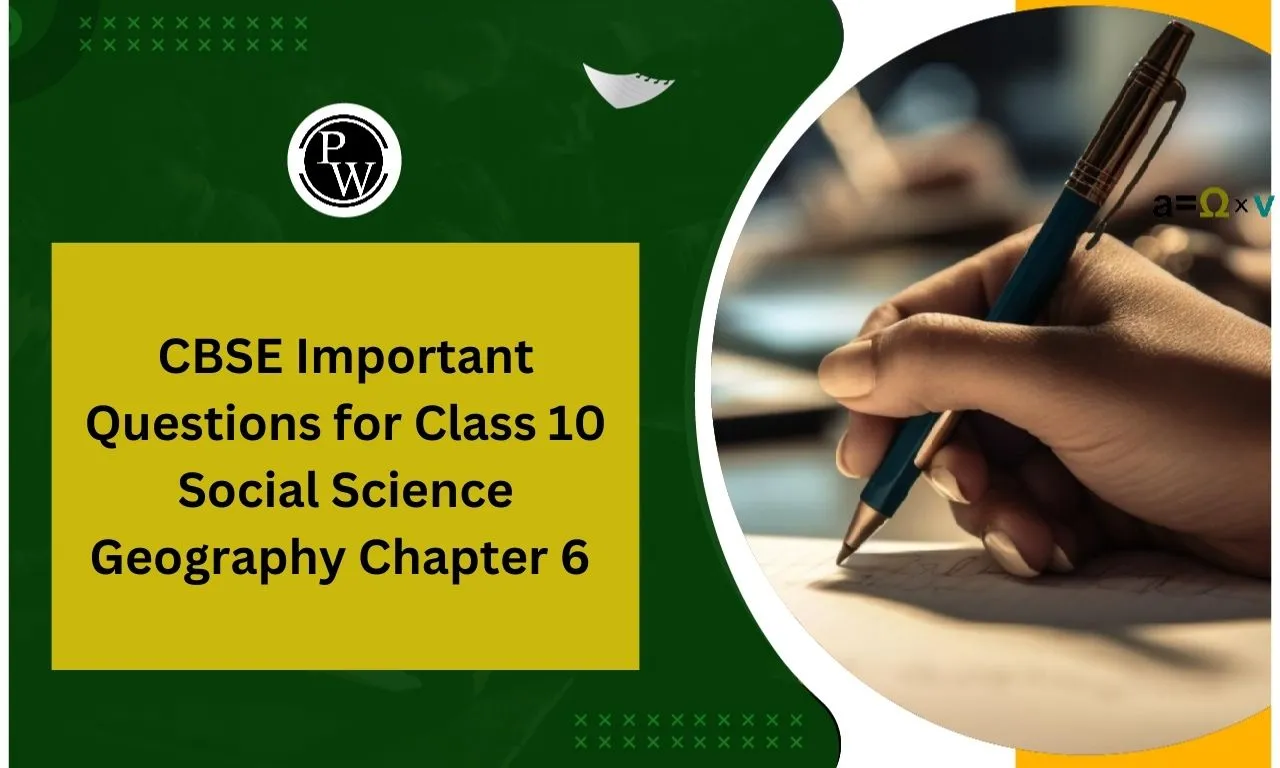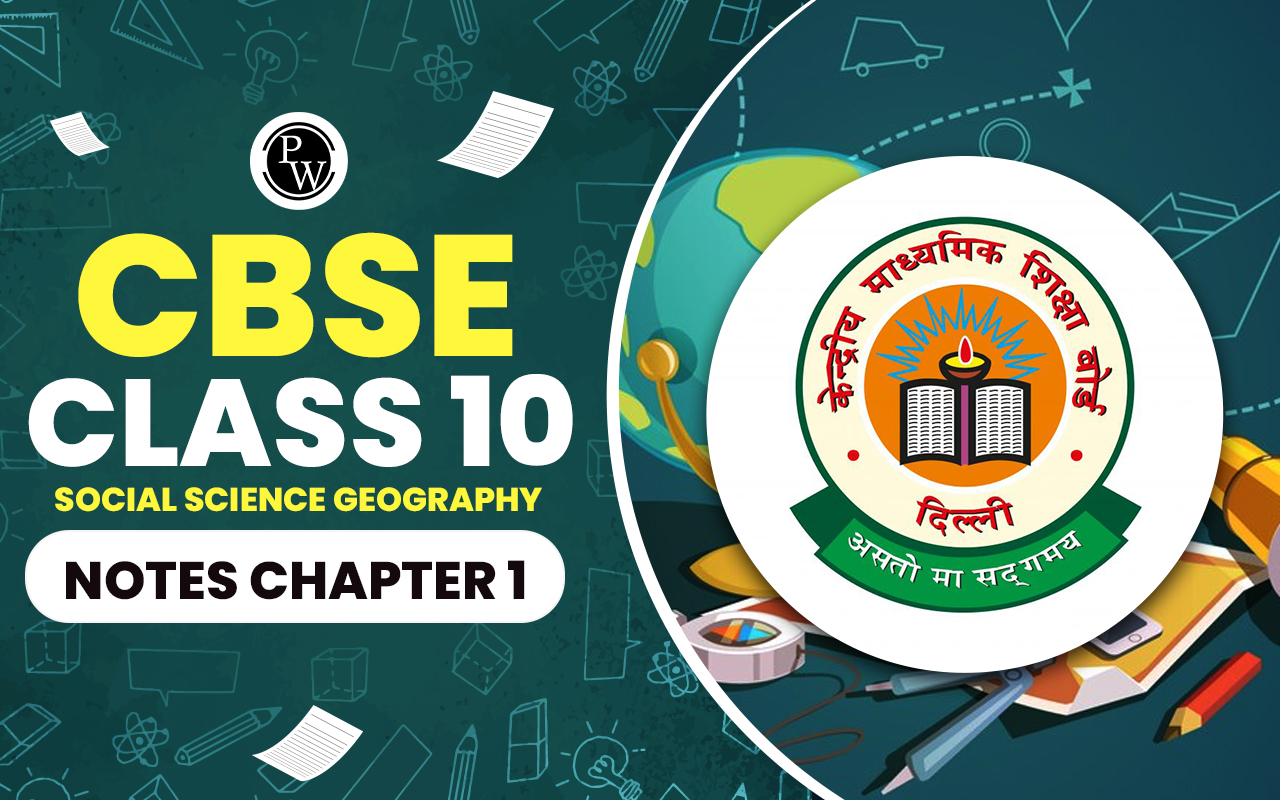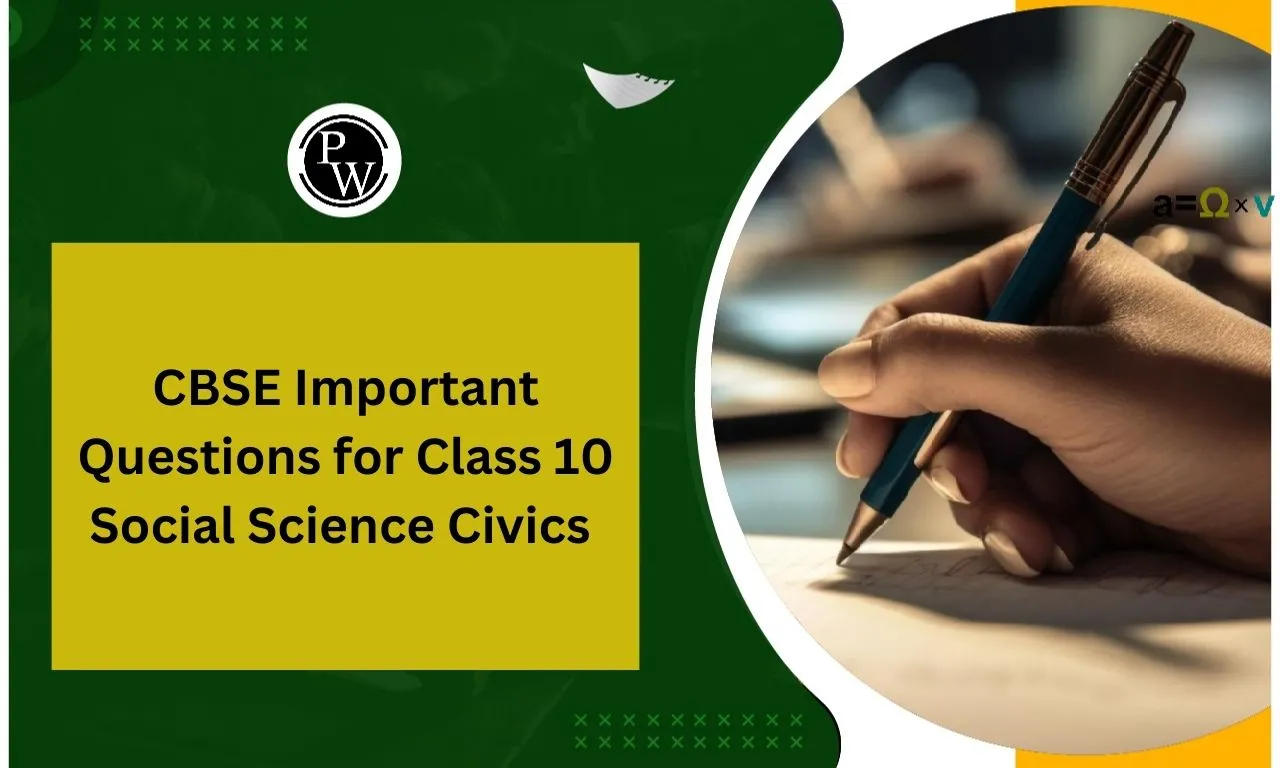
CBSE Class 10 Social Science Civics Notes Chapter 4: In Chapter 4 of CBSE Class 10 Social Science Civics, we learn about topics like gender, religion, and caste affect people's lives in India. We see how some people, especially women, don't always get the same opportunities as others.
We also talk about how religion is a big part of people's identities in India and how it can sometimes lead to problems. We learn about the caste system and how it divides people into different groups, with some facing discrimination because of their caste. The chapter helps us understand these issues better and teaches us about efforts to make things more fair and equal for everyone.CBSE Class 10 Social Science Civics Notes Chapter Wise
Topics Covered in the CBSE Class 10 Social Science Civics Notes Chapter 4 Overview
Here are the important topics covered in the CBSE Class 10 Social Science Chapter 4:Introduction to Gender, Religion, and Caste : Explanation of how these factors influence society.
Gender Inequality : Discussion on unequal opportunities for men and women in education, jobs, and decision-making.
Religious Diversity : Exploration of the various religions in India and their impact on social identity.
Caste System : Explanation of the hierarchical social structure and its effects on people's lives.
Intersectionality : Understanding how gender, religion, and caste intersect to shape individuals' experiences.
Challenges and Solutions : Discussion on the persistence of discrimination and efforts towards social justice and equality.
CBSE Class 10 Social Science Civics Notes Chapter 4 PDF
You can access the CBSE Class 10 Social Science Civics Notes for Chapter 4 in PDF format through the following link:CBSE Class 10 Social Science Civics Notes Chapter 4 PDF
CBSE Notes Class 10 Social Science Civics Notes Chapter 4 Gender, Religion and Caste
In CBSE Class 10 Social Science Civics Chapter 4, we learn about how gender, religion, and caste influence society in India. The chapter explains how these factors affect people's lives and opportunities, helping us understand the importance of equality and fairness in our communities.Gender and Politics
Gender and politics are closely linked aspects of society. In many places around the world, including India, men and women often have different roles and opportunities in political life. Historically, politics has been dominated by men, with women having limited access to decision-making positions. However, over time, there has been a push for greater gender equality in politics, with movements advocating for women's rights and representation. Despite progress, gender inequality persists in many political systems, highlighting the need for continued efforts to ensure equal participation and representation for all genders in political processes.Public/Private Division
This division has resulted in women being less involved in public life, particularly in politics, compared to men. Traditionally, only men were allowed to participate in public affairs, vote, and run for public offices. Over time, gender issues have been raised in politics, advocating for the enhancement of women's political and legal status, as well as improved educational and career opportunities. Movements such as feminism have pushed for equality in personal and family life. The expression of gender division in politics has helped increase women's involvement in public life. However, in India, a predominantly patriarchal society, women still face disadvantages, discrimination, and oppression in various forms:- The literacy rate among women is lower than that of men.
- Women often perform unpaid work, despite working longer hours than men.
- Sex-selective abortion has led to a decline in the child-sex ratio.
- Urban areas are increasingly unsafe for women.
Women's Political Representation
Issues related to women often do not receive enough attention in politics. As a result, feminists and women's movements argue that unless women have more power, their problems will not be adequately addressed. In India, the percentage of elected women members in the Lok Sabha reached 12 percent for the first time in 2014, but their representation in state assemblies remains low. One solution to women's issues is to have a fair proportion of women in elected bodies. In Panchayats and Municipalities, one-third of seats are reserved for women. This has led to over 10 lakh elected women representatives in rural and urban local bodies. Gender division demonstrates that addressing social divisions in politics can benefit disadvantaged groups.Religion, Communalism, and Politics
Religion
Religious differences often manifest in politics, especially in India a country with followers of various religions. People should be able to express their needs and interests in politics as members of religious communities.Communalism
The use of religion in politics is known as communal politics. This includes presenting one religion as superior, forming demands in opposition to other religions, and using state power to establish dominance.Communalism takes various forms in politics:
- Prejudices and stereotypes against religious communities
- Political mobilization based on religious lines
- Communal violence, riots, and massacres, as seen during the Partition of India and Pakistan.
Secular State
India is a secular state with features such as:- No official religion
- Freedom of religion for all individuals and communities
- Prohibition of discrimination based on religion
- State intervention to ensure equality within religious communities.
Related Links -
Caste and Politics
Caste Inequalities
Occupations being passed down through generations is common in most societies, with the caste system being an extreme form of this. The caste system assigns social roles, marriage partners, and dining companions based on caste. With economic development and social changes, old notions of caste hierarchy are breaking down. The Indian Constitution prohibits caste-based discrimination and aims to reverse injustices.Caste in Politics
Caste plays various roles in politics:- Political parties ensure representation of different castes and tribes.
- Appeals to caste sentiments are common during elections.
- Political parties raise caste-based issues to gain support.
Related Links -
Politics in Caste
Politics influences caste identities and divisions:- Caste groups incorporate neighboring castes to become larger.
- Dialogues and negotiations occur between caste groups.
- New caste groups, such as "backward" and "forward" caste groups, emerge in politics.
CBSE Class 10 Social Science Civics Notes Chapter 4 FAQs
How does gender division affect politics in India?
What role does religion play in Indian politics?
How does caste influence politics in India?

